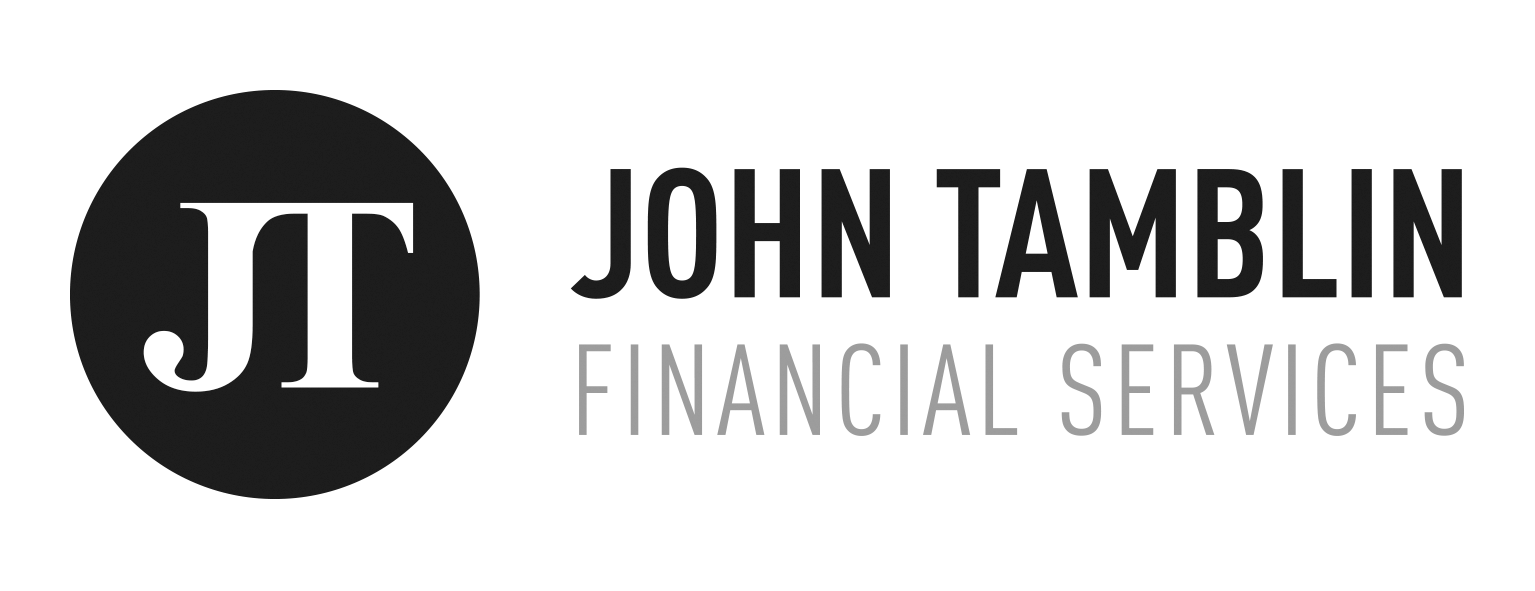Over 500,000 students are expected take up places at UK universities this year.
But their excitement can be tempered by the thought of how they are going to pay their way. Student loans are available, but the possibility of facing debt in excess of £50,000 at the end of their course can be a worry. It may even prove a deal breaker as to whether to go to university or not.
Some grandparents may, however, be in a position to make a real difference to their grandchildren’s futures by helping them to graduate debt free. And while helping their grandchildren, they could also be reducing their own estates for IHT.
This could be achieved by meeting the costs as they arise. Or thinking ahead, they could set money aside earlier in their grandchildren’s lives. An offshore bond held in a discretionary trust is one solution, combining control with tax efficient investment.
The Satisfaction of Giving
Many grandparents often leave money in their wills for their grandchildren. But by making that gift during their lifetime, they get to see the benefit it has on their family on many different levels:
- They will have played their part in their grandchildren’s futures
- A financial burden on their own children will have been be lifted
- At a personal level, they may have made IHT savings.
The amounts needed can be substantial, particularly where there are several grandchildren. Grandparents willing and able to make such a financial commitment may insist on an element of control over who benefits and when. They may also want a say in where it’s invested.
‘Controlling’ the Gift
Concerns about giving grandchildren too much too soon may rule out absolute gifts. Making the gift into a discretionary trust may ease those fears and provide grandparents with the control they seek over who gets what and when, and over the investment decisions. Discretionary trusts are typically flexible enough to allow any future grandchildren to also benefit.
Offshore Bonds: Meeting University Fees
Offshore bonds score top marks here. During the investment period, the bond suffers no UK tax on income and gains, and tax is deferred for bond owners until money is withdrawn and a chargeable event occurs.
This simplifies matters for trustees of a discretionary trust as they have no income or gains to account for during the investment term. And when university costs need to be met, policy segments can be assigned to the grandchild, who will be the person taxed on subsequent surrender.
But because they’re unlikely to have much income as students, they will have unused allowances and bands to cover the profit. This year, the personal allowance is £12,500, the starting rate band for savings is £5,000, and the personal savings allowance is £1,000 – a potential total of £18,500 in all. Over a typical three year University course, that’s £55,500 of chargeable gains which can be taken tax free. With the capital returned as well, that should be more than enough to meet tuition fees and living costs for most students.
Funds could also be used to pay school fees prior to university, with a similar tax treatment of any gains. One way of achieving this is by making an absolute appointment of the required policy segments for the minor prior to the trustees cashing them in. This should ensure the any gain is assessed on the child but note this would not work if the settlor was the parent rather than the grandparent.
Alternatively, if not used for either of these two purposes, they could be used for other life events, such as getting on the property ladder.
The Cost of an Education
Costs are split between tuition fees and maintenance costs. This year tuition fees can be up to £9,250 and student loans will usually cover these in full.
Maintenance costs can vary greatly, with rent being the biggest component. Loans are available but are limited to a maximum of £8,944 pa (£11,672 in London). The exact amount depends on parental income. Whether this is enough is open to question. The 2019 national Student Money Survey estimated that 79% worry about making ends meet.
With regard to repayment of the loans, the Institute of Fiscal Studies (IFS) estimates that 83% studying at an English University won’t fully repay their loans plus the added interest by the 30 year write-off point.
With loans repayable at 9% on any earnings above a threshold (currently £25,725 pa) this means some students will effectively be taxed at 29% on earnings between the threshold and £50,000, and 49% on earnings in the higher rate, for the first 30 years of their working lives.
Clearly, any financial help from grandparents or parents can significantly ease these worries leaving students to focus minds on studying and their future careers. And this can be achieved with an offshore bond in a discretionary trust that can benefit all the whole family.
Getting In Touch
If you’d like advise on tax efficient investments or off-shore bonds then please contact John Tamblin via the contact form or you may contact him directly on 07880 795710 for a no-obligation chat.
